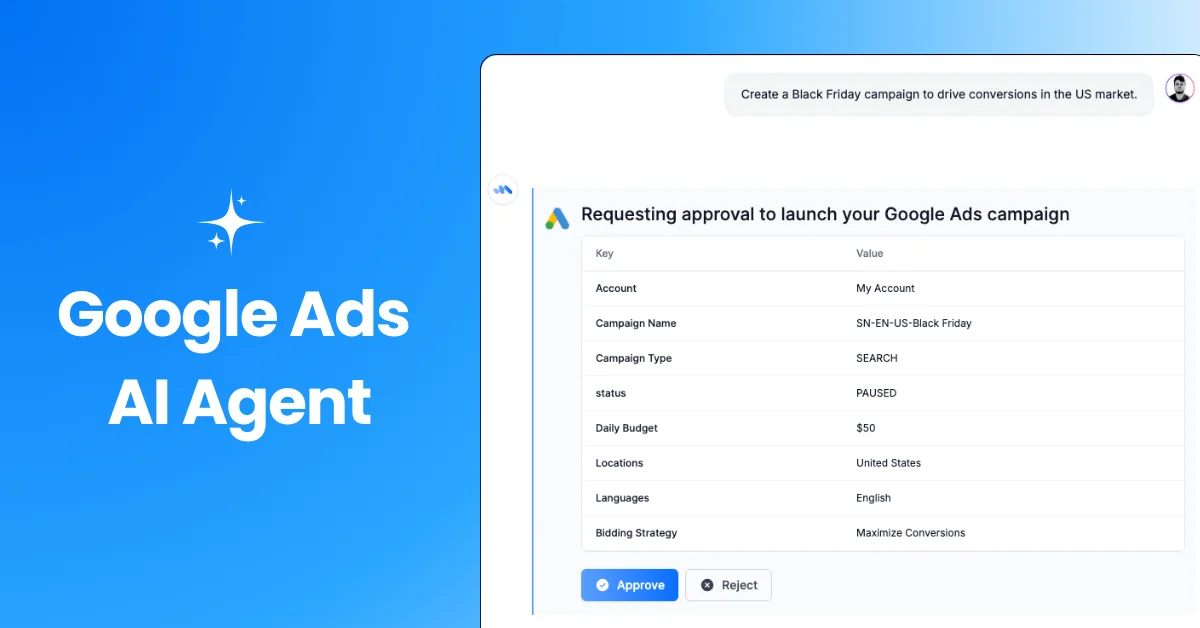
Microsoft Advertising updates Performance Max with new customer acquisition tools
1 months ago
Microsoft Advertising's January 2026 update adds Performance Max's new customer acquisition feature with bid options, share of voice metrics, and asset group-level URL tracking. Audience ads gain Content Targeting on Microsoft sites. Location targeting is improved. Autogenerated assets for Responsive Search ads roll out globally, enhancing ad relevance and performance with opt-out options. Updates simplify campaign management and boost ad effectiveness.








